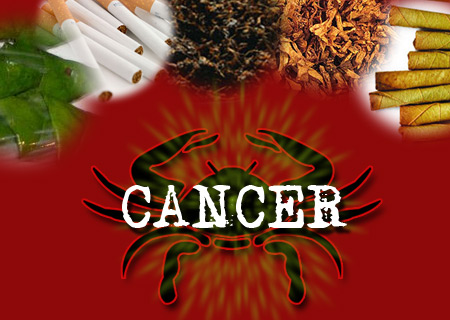Recently, broccoli was cited to aid cancer prevention and very soon professionals from the Oregon State University (OSU) have found a similar attribute in spinach. The team believed that spinach could mitigate the negative effects of carcinogens, to an extent.
Epigenetics that is showing promise in cancer treatment comes into play in this trial too. As part of the research, lab animals suffering from colon cancer were fed spinach. According to what was observed, this green vegetable apparently reduced the prevalence of colon cancer from 58% to 32%. Reported in the journal, Molecular Nutrition and Food Research, the findings showed that spinach could negate the impact of carcinogens in the body.
“Cancer development is a complex, multi-step process, with damaged cells arising through various means. This study showed that alterations of microRNAs affect cancer stem cell markers in colon cancer formation. MicroRNAs are very small factors that do very big things in cells,†remarked Mansi Parasramka, a postdoctoral scholar with OSU’s Linus Pauling Institute.
Optimal functioning of microRNAs is critical to lead a disease-free life, say the investigators. Abnormality in their expressions could lead to cancer and even other diseases like diabetes or neurological disorders. However, the high point here is that unlike genetic mutations, microRNA alternations can be reversed by means of diet, lifestyle or medications.
This is precisely what epigenetics is all about, where a person’s microRNAs can be controlled so that they positively influence gene expressions in the DNA. The study will lead to new treatments for cancer and expand the role of epigenetics in cancer treatment and prevention, concluded the team.

